Does Herbal Essences Cause Hair Loss? Unbiased Review & Facts
Ever wondered why everyone raves about Herbal Essences, yet whispers of hair loss linked to its use keep growing louder? I know I have been. As someone passionate about healthy and eco-friendly living, I’ve done some digging into these concerns, and it’s time to share my findings with you.
In this piece, we’ll delve deep into Herbal Essences, scrutinizing its ingredients, exploring real-life experiences, and seeking expert opinions. Is this beloved brand truly causing hair loss or is it just a lot of hot air?
Understanding the potential impacts of our product choices on our bodies and planet is crucial. So, let’s sift through claims and facts together to help you make safer choices for your hair and scalp health.
Introduction to Hair Loss Concerns with Herbal Essences
Herbal Essences has long been a favorite among consumers for its delightful fragrance and marketing campaigns that emphasize its natural and gentle formula. However, in recent years, concerns have been raised about the potential risks associated with using Herbal Essences, particularly in relation to hair loss.
The question, “does Herbal Essences cause hair loss?”, has sparked considerable debate among users and experts alike. It’s a topic close to my heart, as I’ve always been passionate about products that are not only effective but also safe for long-term use. To get to the bottom of this, we’ll dive into the nitty-gritty of Herbal Essences—looking closely at the ingredients and hearing from those who’ve used these products.
Through a comprehensive analysis, we aim to uncover whether these pleasant-scented products carry hidden risks. By examining consumer testimonials and scrutinizing ingredient lists, this review will shed light on the possible connections between Herbal Essences and hair loss. This exploration will help you feel confident and informed when making decisions about your hair care routine.
Understanding Hair Loss
Common Causes and Solutions
Hair loss is a multifaceted issue influenced by various factors. One common cause is genetics, where hereditary patterns can lead to conditions like male or female pattern baldness.
Hormonal imbalances, such as those associated with thyroid issues or pregnancy, can also affect hair growth cycles. Stress plays a significant role, often triggering a condition known as telogen effluvium, where hair prematurely enters the shedding phase.
Aging naturally leads to hair thinning as follicle regeneration slows down. Additionally, improper hair care practices, including the use of harsh chemicals and frequent heat styling, can damage hair and exacerbate loss.
To combat hair loss, adopting several proactive measures can be highly effective. A balanced diet rich in vitamins and minerals is fundamental, as nutrients like biotin, vitamin E, and zinc are crucial for hair health.
Reducing stress through activities such as yoga, meditation, or regular exercise can mitigate stress-induced hair loss. Using gentle hair care products, free from harsh chemicals like sulfates and synthetic fragrances, helps maintain scalp health and prevent follicle damage.
For those with chronic hair loss concerns, consulting a dermatologist is essential. A professional assessment can identify underlying health issues and recommend targeted treatments or medications to promote hair regrowth. Regular, personalized care is key to managing and reducing hair loss effectively.
A Detailed Examination of Herbal Essences Ingredients
Navigating through the myriad of ingredients in Herbal Essences can be quite overwhelming. Let’s break down some of the components that often raise questions about their effects on hair health, particularly the concern: does Herbal Essences cause hair loss?
Sodium Lauryl Sulfate (SLS)
Sodium Lauryl Sulfate (SLS) is a common foaming agent found in many shampoos, including Herbal Essences. Known for its effective cleansing properties, SLS can strip natural oils from the scalp. This removal of essential oils can lead to dryness and scalp irritation over time. Persistent use may disrupt the scalp’s natural balance, potentially leading to damaged hair follicles. Many consumers question whether Herbal Essences causes hair loss, and the presence of SLS could be a contributing factor if sensitivity to this ingredient exists.
Fragrance
Fragrances in hair care products like Herbal Essences are often synthetic and crafted to provide a pleasant aroma. However, these can cause allergic reactions or respiratory issues for some users. Sensitive individuals may experience scalp irritation or weakening of hair integrity due to these fragrances. Consequently, there’s a concern among some consumers about whether Herbal Essences causes hair loss, specifically due to the impact of synthetic fragrances on scalp health.
PEG-100 Stearate
PEG-100 Stearate is used as a thickening agent to improve the texture and quality of shampoos. Despite its functional benefits, it can be contaminated with 1,4-dioxane, a known carcinogen, raising long-term health concerns. Although present in low concentrations, continuous exposure may prompt individuals to wonder if Herbal Essences leads to hair loss or other adverse health effects.
Hexylene Glycol
Hexylene Glycol is an ingredient that can cause scalp irritation for some users. This irritation, when prolonged, can compromise the overall health of hair and scalp. While Hexylene Glycol’s effects can vary widely among consumers, the potential for irritation and subsequent hair health issues keeps the question alive—does Herbal Essences cause hair loss in those with sensitive scalps?
Is Herbal Essences Unfriendly to Your Scalp? Exploring the Impact of Ingredients
Potential Health Concerns Linked to Herbal Essences
The ingredients in Herbal Essences have sparked numerous discussions about their effects on scalp health and hair integrity. Take Sodium Lauryl Sulfate (SLS), for example. This common foaming agent is excellent at cleaning but can strip away the scalp’s natural oils. Over time, this could lead to dryness, irritation, and potentially weakened hair follicles, which might contribute to hair loss.
Fragrances, particularly synthetic ones, can also be problematic. They often trigger allergic reactions or respiratory issues in sensitive individuals, further impacting scalp health. PEG-100 Stearate, used to thicken the product, can be contaminated with 1,4-dioxane, a known carcinogen. Even in low concentrations, its long-term health implications raise valid concerns.
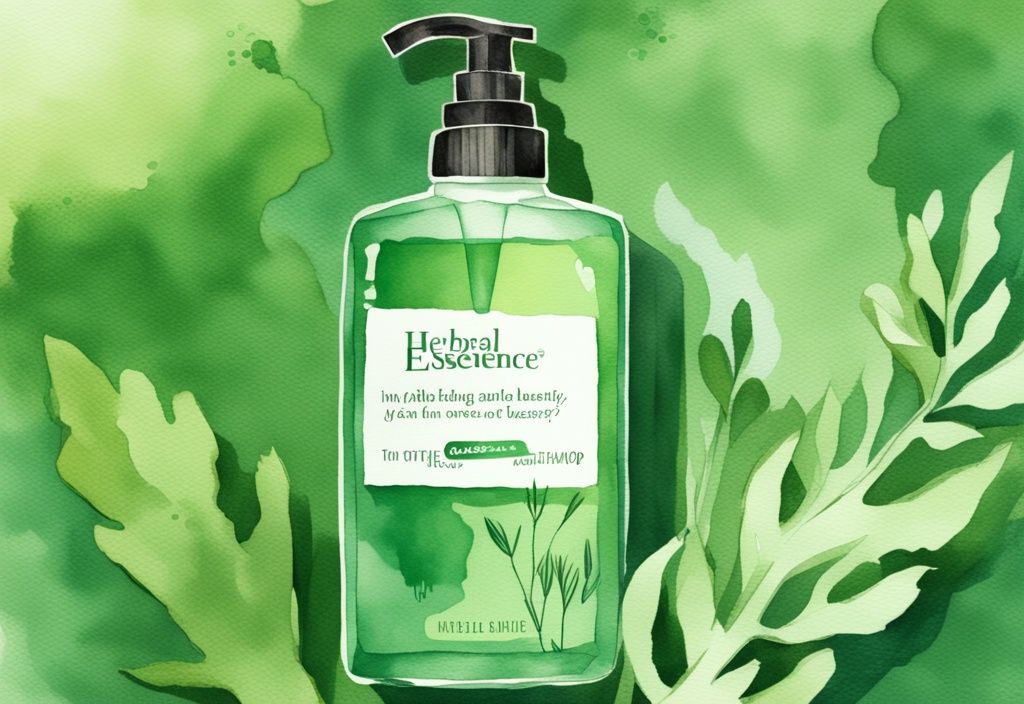
Hexylene Glycol is another ingredient that warrants attention. For some users, it can cause scalp irritation. Persistent irritation can compromise both scalp and hair health, potentially leading to brittleness and hair loss. Does Herbal Essences cause hair loss? Given these ingredients, it’s possible for some users.
Expert Opinions on Ingredient Safety
Experts generally advise caution with products that have high levels of sulfates and synthetic fragrances. Dermatologists point out that these components can be harsh on the scalp and hair, causing dryness and irritation that may contribute to hair loss.
Conducting a skin patch test before using any new product is highly recommended. This involves applying a small quantity of the product to a discrete area of the skin and waiting 24 to 48 hours to see if any adverse reactions such as redness, irritation, or allergic responses occur.
For anyone experiencing chronic hair loss or scalp issues, consulting a dermatologist is essential. They can provide personalized advice and identify any underlying causes, ensuring that your chosen hair care products are safe and effective.
Thorough research and preventative measures can help mitigate the potential risks associated with Herbal Essences’ ingredients, empowering users to make informed decisions about their hair care routines.
Herbal Essences Consumers Share Their Experiences
Testimonials Related to Hair Loss
Consumers have shared a mix of experiences regarding the use of Herbal Essences, particularly focused on hair health and the potential for hair loss. Some users reported significant improvements in hair health, noting the product’s pleasant scent and how it made their hair feel softer and more manageable.
However, others have shared adverse effects, including concerns about hair loss. Those who experienced hair loss often highlight worries about certain ingredients like Sodium Lauryl Sulfate (SLS) and synthetic fragrances. These components can cause irritation in sensitive scalps, which might lead to hair weakening or loss over time.
The question, “does Herbal Essences cause hair loss,” remains a topic of debate among users, with diverse and personal anecdotes contributing to the discussion.
Reported Side Effects
Side effects reported by consumers are varied and often depend on individual sensitivities. Some users have experienced scalp irritation after using Herbal Essences, presenting as redness or itching. Dryness is another commonly reported side effect, potentially leading to brittle hair that breaks easily.
Additionally, a few consumers noted that their hair felt less hydrated and more prone to tangling. While these adverse reactions are not universal, they do underscore the importance of understanding personal sensitivities. Conducting patch tests can help gauge the product’s compatibility with your scalp and hair.
For many, these products do not cause adverse reactions. However, for others, these side effects raise valid concerns about potential hair loss and the importance of ingredient transparency in hair care products.
Current Research on Hair Loss and Herbal Essences
In examining whether Herbal Essences might be linked with hair loss, it’s important to consider recent research and scientific findings.
Findings from Scientific Studies
Does Herbal Essences cause hair loss? This pressing question has stirred much interest among consumers. At present, there is no scientific evidence that directly connects Herbal Essences to hair loss. While individual experiences with the product can differ, broad scientific studies have not yet confirmed a definite link between Herbal Essences and hair health issues.
The ingredients used in Herbal Essences, like Sodium Lauryl Sulfate (SLS), fragrance, PEG-100 Stearate, and Hexylene Glycol, have raised some concerns.
SLS, which is a common foaming agent, has the potential to strip natural oils from the scalp. This could lead to dryness and irritation for some users. Fragrances, especially synthetic ones, might cause allergic reactions or aggravate scalp conditions in people with sensitive skin. PEG-100 Stearate and Hexylene Glycol can also pose potential side effects, though they are usually present in low concentrations in the product.
Despite these concerns, it is crucial to note that no scientific studies have conclusively proven that Herbal Essences causes hair loss. Consumer reviews are varied; some users have reported negative effects, while others find the product beneficial for their hair health. These individual testimonials, however, lack the scientific backing needed to draw firm conclusions.
Further research is essential to ascertain the long-term impact of using Herbal Essences. Detailed studies that focus specifically on the cumulative effects of its ingredients over extended periods are necessary. Until such data is available, it’s important to stay informed about potential risks and practice cautious product usage.
If you experience persistent hair loss or scalp issues, consulting a dermatologist is highly recommended.
Strategies for Using Herbal Essences Safely
When it comes to using Herbal Essences and addressing the concerns around “does Herbal Essences cause hair loss,” adopting safe usage strategies can make a significant difference in minimizing potential risks.
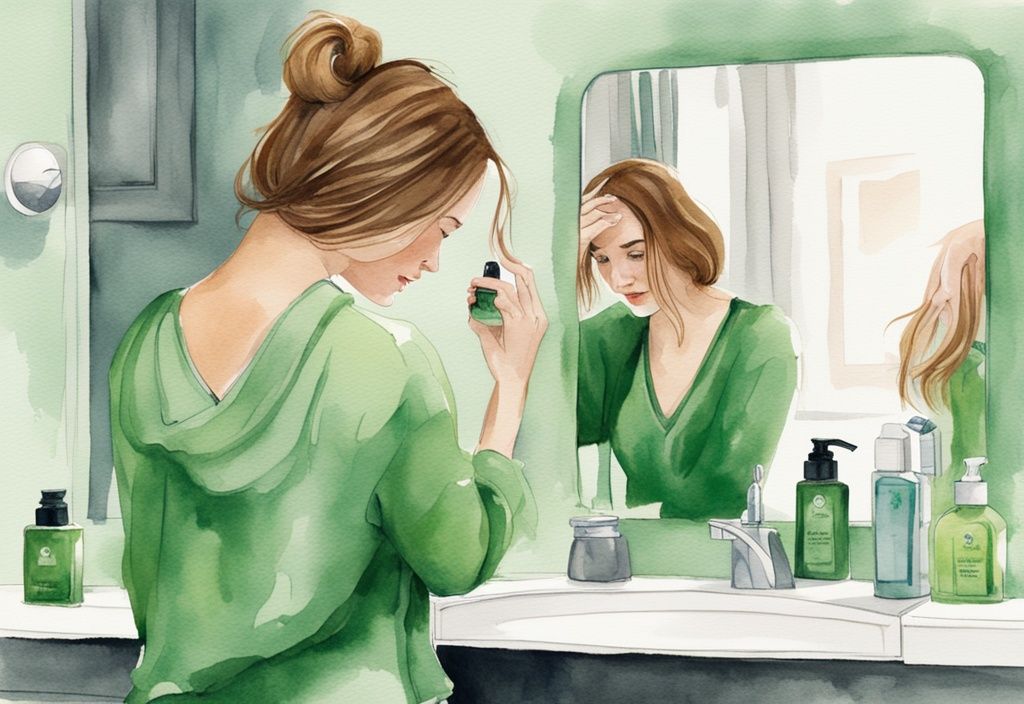
Best Practices When Using Shampoo
First and foremost, consider using a small amount of Herbal Essences shampoo during each wash. This ensures that exposure to potential irritants, like Sodium Lauryl Sulfate (SLS), is kept to a minimum. After applying, make sure to rinse thoroughly. Residual shampoo can lead to scalp irritation and may affect hair health.
Another tip is to alternate Herbal Essences with a gentle, sulfate-free shampoo. Sulfate-free options are milder on the scalp and can help mitigate any potential damage caused by harsh chemicals. Incorporating these alternatives can be a game-changer for maintaining scalp health and preventing conditions that could potentially contribute to hair loss.
How to Perform a Skin Patch Test
Conducting a skin patch test is a wise move if you are worried about the possibility of hair loss from using Herbal Essences. It’s a simple and straightforward way to check for allergic reactions.
To carry out a skin patch test, apply a small amount of Herbal Essences to a less visible area, like behind your ear. This makes it manageable and discreet. Wait for 24 to 48 hours, keeping an eye out for any signs of redness, irritation, or allergic reactions. If any adverse effects are noticed, it’s best to discontinue use immediately.
By following these strategies, you can use Herbal Essences more safely and potentially reduce the risk of experiencing hair loss or other scalp issues. Taking small, thoughtful steps can lead to a healthier hair care routine and peace of mind.
How to Maintain Healthy Hair and Scalp
Ensuring the vitality of your hair and scalp is key to preventing hair loss and keeping your locks vibrant. One frequent question that emerges is: does Herbal Essences cause hair loss? While no definitive scientific research directly links Herbal Essences to hair loss, learning effective hair care practices can help minimize potential risks.
Tips for Reducing Hair Loss Risk
First and foremost, maintaining a balanced diet packed with essential vitamins and minerals is crucial. Nutrients such as biotin, vitamin D, and zinc are vital for promoting hair health. Incorporating foods like leafy greens, nuts, and lean proteins into your meals nourishes your hair follicles and supports a healthy scalp.
Avoid excessive use of heat styling tools like blow dryers, straighteners, and curling irons. These tools can damage your hair cuticles, leading to unwanted breakage and thinning. Whenever possible, let your hair air dry naturally. If you must use heat, apply a heat-protectant product to shield your strands.
Harsh chemical treatments, including perming, coloring, and relaxing, can weaken hair structure, making it more susceptible to breakage. Opt for gentler, natural alternatives and always seek professional advice for chemical treatments. Your hair will thank you for it.
Regularly trimming your hair is another essential practice. Cutting it every 6-8 weeks helps eliminate split ends and prevents further breakage. While trims don’t accelerate hair growth, they do ensure your hair stays healthy and strong, ultimately reducing overall hair loss.
In conclusion, while the query “does Herbal Essences cause hair loss” lacks scientific confirmation, embracing good hair care habits can help you maintain a healthy scalp and resilient hair, potentially reducing the risks associated with certain hair care products.
Healthier and Safer Alternatives to Herbal Essences
For those concerned about does Herbal Essences cause hair loss, turning to non-toxic shampoos can be a healthier alternative. These shampoos are formulated without potentially harmful ingredients and can offer a gentler experience for your hair and scalp.
Non-Toxic Shampoo Options
When you’re worried about whether Herbal Essences might be causing hair loss, it’s natural to start seeking safer alternatives. I’ve discovered that non-toxic shampoos form a gentler and healthier choice for both your hair and scalp.
To begin with, look for shampoos that are free from sulfates, such as Sodium Lauryl Sulfate (SLS). Sulfates are known for their strong cleansing properties, but they can strip the scalp of natural oils, leading to dryness and scalp irritation. This, in turn, can weaken hair follicles over time. By choosing sulfate-free products, you can help maintain the natural balance of oils in your scalp and reduce the risk of irritation.
Next, consider avoiding shampoos that contain synthetic fragrances. These chemicals, while providing a pleasing scent, can cause allergic reactions and negatively impact scalp health. Instead, seek out shampoos that utilize natural essential oils for fragrance. These natural alternatives are less likely to trigger allergies or respiratory issues, offering a safer way to keep your hair smelling fresh.
Another aspect to consider is the presence of thickening agents like PEG-100 Stearate. While these agents enhance the texture of shampoos, they can sometimes be contaminated with harmful substances such as 1,4-dioxane, a known carcinogen. Opting for shampoos that avoid these potentially toxic ingredients can contribute to the long-term health of your scalp and hair.
In addition, it’s wise to select shampoos that exclude harsh solvents like hexylene glycol. These can cause scalp irritation for some users, and prolonged irritation may contribute to hair health problems, including hair loss. Shampoos with gentler, plant-based ingredients can mitigate these risks.
Brands that offer natural and organic shampoos often use milder ingredients that are less likely to harm your hair and scalp. Examples of such brands include Avalon Organics, which uses plant-based ingredients, and Acure, which prides itself on being free from sulfates, parabens, and other potentially harmful chemicals.
By focusing on these non-toxic shampoo options, you can take a proactive approach to ensure your hair and scalp remain healthy, reducing the likelihood of hair loss associated with harsh ingredients. Remember, a gentle and natural hair care routine can be an effective measure in maintaining robust hair health.
Let’s explore some accessible and effective non-toxic shampoo alternatives that can help you maintain a healthy scalp and beautiful hair:
- Sulfate-Free Shampoos: Select options without Sodium Lauryl Sulfate (SLS) to maintain your scalp’s natural oil balance.
- Natural Fragrances: Look for shampoos scented with essential oils rather than synthetic fragrances to avoid allergic reactions.
- Avoid PEG-100 Stearate: Choose shampoos that steer clear of this thickening agent to sidestep potential carcinogens.
- Steer Clear of Harsh Solvents: Opt for products without hexylene glycol to avoid scalp irritation.
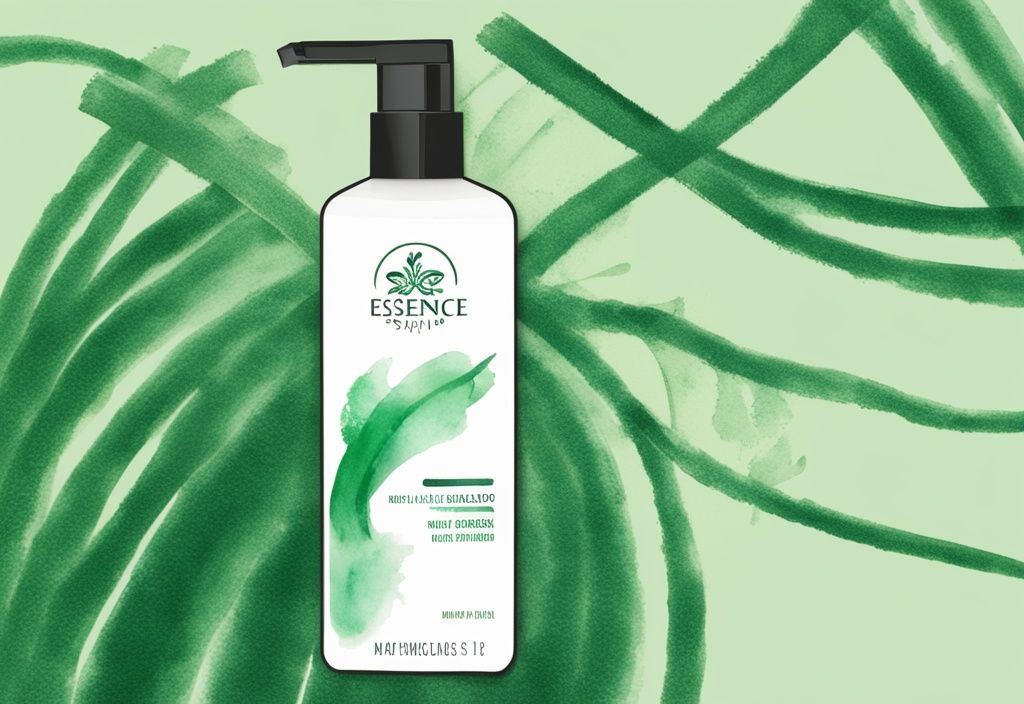
By focusing on these non-toxic shampoo options, you can take a proactive approach to ensure your hair and scalp remain healthy, reducing the likelihood of hair loss associated with harsh ingredients. Remember, a gentle and natural hair care routine can be an effective measure in maintaining robust hair health.
Exploring Other Potential Causes of Hair Loss
When to Consult a Dermatologist
Chronic hair loss or persistent scalp issues can really be a wake-up call. Sometimes, even lingering questions like “does Herbal Essences cause hair loss?” may pop up. However, it’s crucial to think broader and consider your overall health.
If you’re seeing more strands in the brush or spotting bald patches, it might be time to consult a dermatologist for a thorough evaluation of your hair loss concerns, as detailed by the Mayo Clinic. They can dig deeper into potential underlying health conditions, hormonal imbalances, or dietary deficiencies that could be playing a part.
A dermatologist’s thorough examination and diagnostic tests are invaluable. They’ll help you figure out whether your hair loss traces back to a more serious health issue or is simply a reaction to a product, like your shampoo. While reports on the effects of Herbal Essences vary, a professional opinion gives clarity and targeted solutions.
Getting tailored advice from a dermatologist is another game-changer. Instead of piecing together generalized tips from the internet or friends, you’ll receive a strategy that suits your skin type, hair texture, and medical history. This personalized approach ensures that the root causes are addressed, not just the visible symptoms.
So, while questions like “does Herbal Essences cause hair loss?” are valid, a dermatologist’s expertise gives you the full picture. This can reveal critical insights that vastly enhance your hair and scalp health, extending far beyond just switching up hair care products.
FAQs About Hair Loss and Herbal Essences
In this section, we’ll explore common concerns and questions about the potential link between Herbal Essences and hair loss, what to look for in a safe shampoo, and the effectiveness of natural alternatives.
Does Herbal Essences cause hair loss?
As of now, there’s no conclusive scientific evidence directly linking Herbal Essences to hair loss. However, I understand that some users have reported experiencing hair loss. This can often be attributed to individual sensitivities to certain ingredients found in the product. It’s always important to pay close attention to how your scalp and hair react to any product you use. If you notice any adverse effects, it might be worth considering an alternative.
What should I look for in a safe shampoo that prevents hair loss?
When shopping for a safe shampoo that helps prevent hair loss, I have found it crucial to avoid products containing sulfates, synthetic fragrances, and harsh chemicals. These ingredients can irritate the scalp, potentially leading to hair loss over time. Instead, look for shampoos rich in natural ingredients. For me, choosing products that are dermatologically tested and recommended has made a significant difference. These products are formulated to ensure the safety of both your hair and scalp.
Are natural shampoos more effective in preventing hair loss?
From my experience, natural shampoos tend to be gentler on the scalp and hair, which can help reduce the risk of irritation and potential hair damage. Their effectiveness can vary depending on individual hair care needs, but overall, they promote a healthier scalp condition. While switching to natural shampoos, ensure they contain nourishing ingredients that align with your specific hair type for the best results.
Conclusion: The Final Verdict on Herbal Essences and Hair Loss
Herbal Essences has generated a lot of discussions regarding its potential link to hair loss. Below, we delve into the various aspects worth considering:
Lack of Scientific Evidence
While some consumers have shared stories of hair loss after using Herbal Essences, it’s important to remember that there is no definitive scientific evidence linking the product to hair loss. These personal accounts can differ significantly, making it challenging to identify the exact cause without comprehensive scientific studies.
Ingredient Sensitivity
Some individuals may experience scalp irritation and hair health issues due to sensitivities to ingredients found in Herbal Essences, like Sodium Lauryl Sulfate (SLS), synthetic fragrances, PEG-100 stearate, and hexylene glycol. Knowing your own sensitivity to these components can be crucial for avoiding risks. A skin patch test before regular use can be helpful to spot any adverse reactions early.
Adopting Safe Hair Care Practices
Practicing safe hair care habits is vital for minimizing potential risks associated with any shampoo, including Herbal Essences. Using a small amount of the shampoo, thoroughly rinsing your hair, and rotating with sulfate-free options can help reduce exposure to possible irritants. Additionally, maintaining a well-balanced diet and reducing stress are essential for overall hair health.
Need for Further Research
More research is essential to definitively understand the effects of Herbal Essences on hair health. Current findings aren’t enough to establish a clear connection between the product and hair loss. Until more extensive studies are done, personal experiences will continue to serve as a primary source of information.
Considering Alternatives and Professional Advice
If you’re facing persistent hair loss or scalp issues, exploring alternative hair care products free from harsh chemicals, sulfates, and synthetic fragrances could be a wise decision. Consulting healthcare professionals, like dermatologists, can offer personalized advice and help identify any underlying sensitivities or health conditions contributing to hair loss.
By being mindful of the ingredients in your hair care products and making informed choices, you can better protect your hair and scalp health.
Hi, I’m Olivia Green, the voice behind nontoxicways.com. I’m passionate about helping you make the shift to a healthier, non-toxic lifestyle without feeling overwhelmed. I love sharing my personal journey, from small changes to big transformations, along with practical tips that make it all feel doable. My goal is to inspire and guide you toward a lifestyle that benefits both your well-being and the planet. Let’s take this journey together, one simple step at a time!
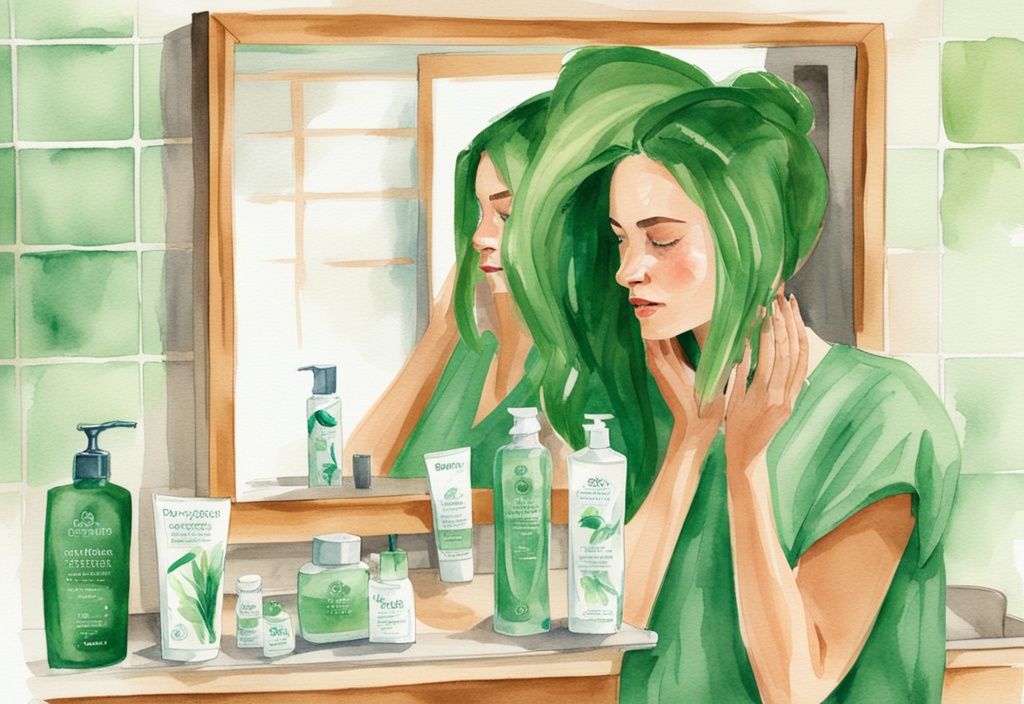
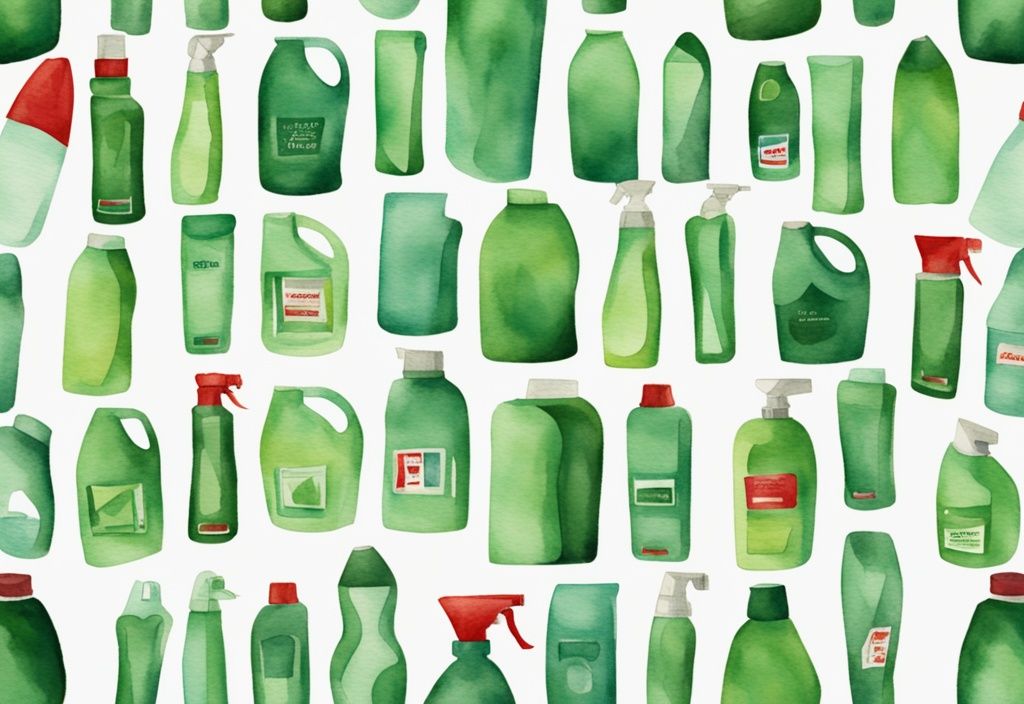


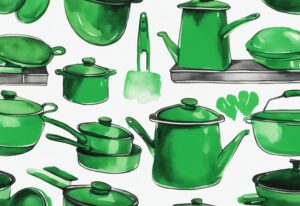



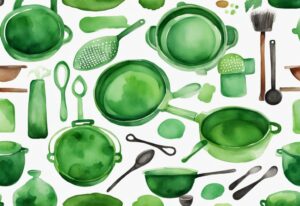
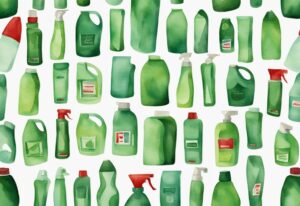


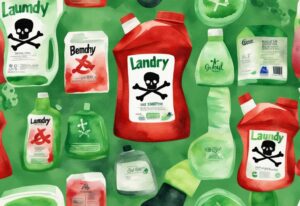

Post Comment